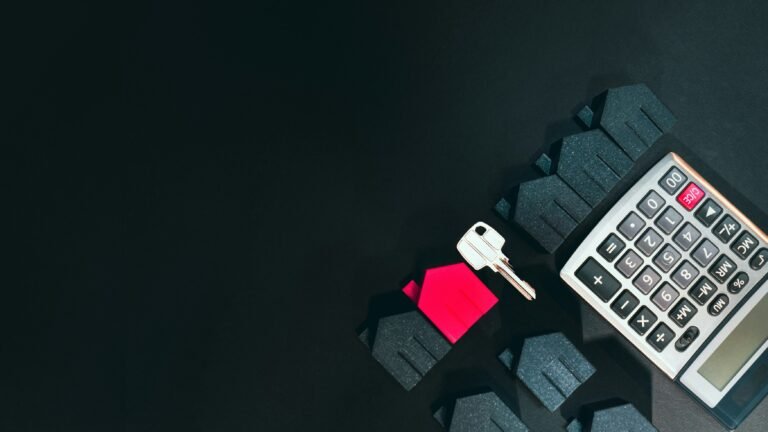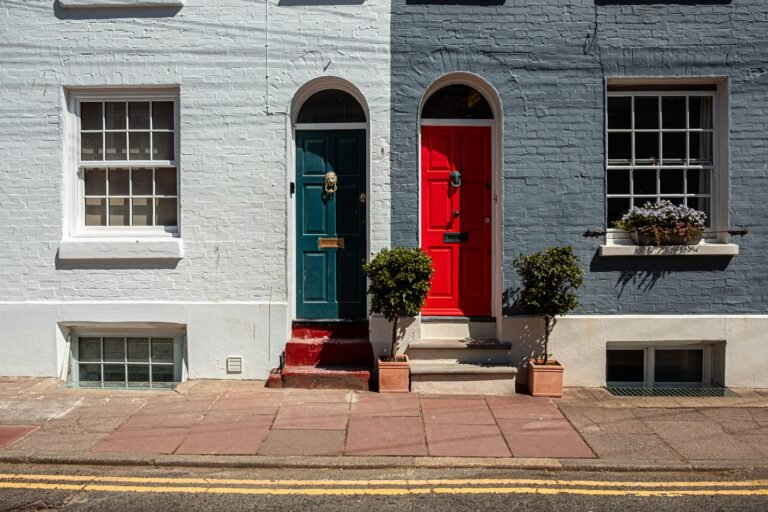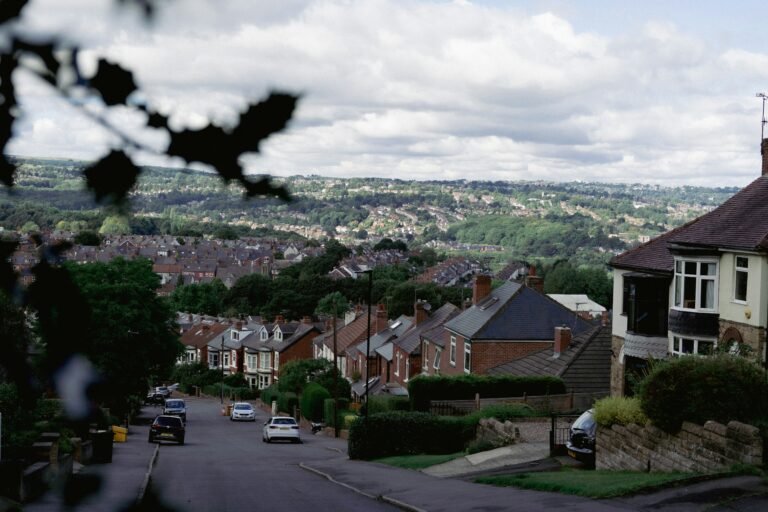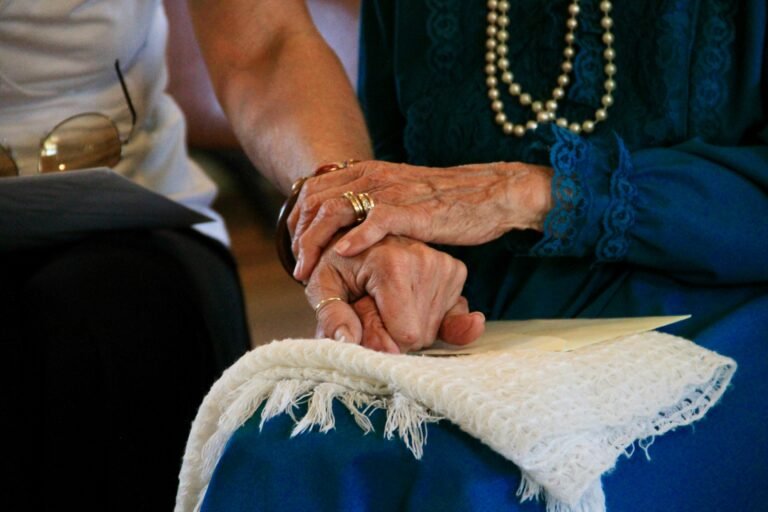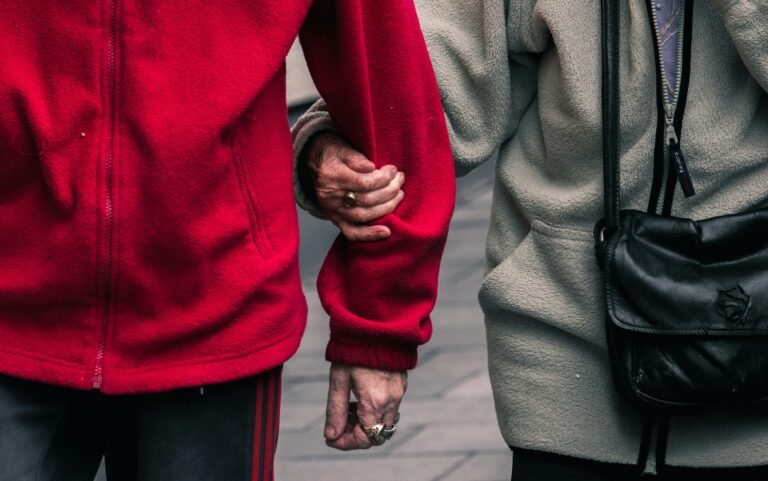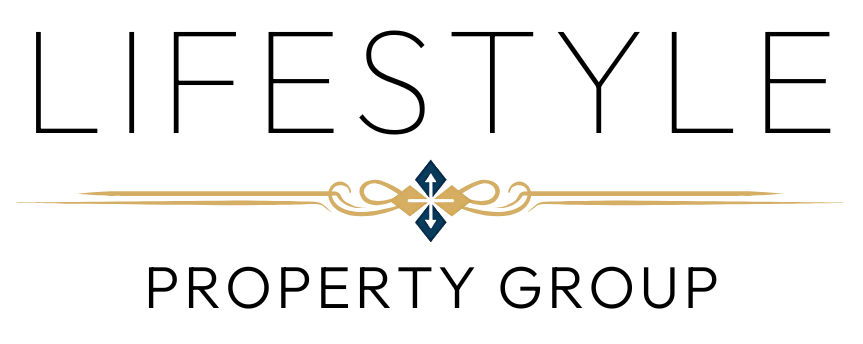Whether you’re a landlord with a vacant rental, in the process of selling your home, or renovating a property, one question often comes up:
“Do you pay council tax on an empty property?”
The answer is usually yes — but there are exceptions. In this guide, we’ll break down when council tax applies to empty homes, what exemptions or discounts might be available, and how landlords can better manage costs during void periods.
Do You Pay Council Tax for an Empty Property?

In most cases, yes — council tax is still due on an empty property.
The owner (or landlord) remains responsible for the bill, regardless of whether the home is occupied.
However, the exact rules vary by local authority, and some councils offer temporary discounts or exemptions depending on the circumstances.
If you’re leaving a property unoccupied before sale, it’s wise to understand what taxes apply when selling your house in the UK.
Common Scenarios and What You Pay
Here’s how council tax typically applies in different situations:
🏚️ Unfurnished and Empty
Some councils offer a discount of up to 100% for up to 1–6 months if the property is:
Unfurnished
Genuinely unoccupied
Not let or lived in during that time
After that grace period, full council tax is usually charged.
🛠️ Undergoing Major Repairs or Renovation
If the property is uninhabitable due to structural issues or undergoing substantial refurbishment:
You may qualify for a Class A exemption (varies by council)
Typically available for up to 12 months
You’ll likely need evidence (e.g. contractor reports or photos) to support your claim.
🏠 Second Homes or Furnished Vacant Properties
If the home is furnished but unoccupied (e.g. a second home), most councils:
Charge full council tax
Some apply a small discount (up to 10%) but this is becoming rare
🚫 Long-Term Empty Homes
If a property remains empty for over 2 years, councils can apply a council tax premium:
100% extra after 2 years (i.e. double the normal rate)
200–300% extra after 5 or 10 years (in some areas)
This is designed to discourage empty homes and push landlords to return properties to use.
Landlords managing vacant homes may also consider selling and reinvesting property.
Do Landlords Pay Council Tax When a Property Is Empty?

Yes. As a landlord, you are responsible for council tax during any period when the property:
Is vacant
Has no tenancy agreement in place
Is between tenants (i.e. void periods)
Once a new tenant moves in and becomes the legal occupier, they take over responsibility.
💡 Tip: In high-turnover markets, minimising void periods is essential to avoid not only lost rent, but added council tax expenses.
For more information, we recommend checking the official government guide here
How to Reduce the Cost of an Empty Property
If your property is temporarily vacant, consider the following steps:
Apply for local discounts or exemptions immediately — councils don’t backdate claims
Notify the council of the vacancy with accurate dates and supporting evidence
Get the property re-let quickly with a reliable letting agent
If the property needs renovation, work with a team that can complete it efficiently and within exemption timeframes
How Lifestyle Property Group Can Help
At Lifestyle Property Group, we help landlords and investors avoid long and costly void periods by offering a fully managed, hands-free service. From tenant sourcing to refurbishment and property management, we make sure your buy-to-let properties stay profitable — and occupied.
We specialise in high-yield property investment in Leeds and Sheffield, helping you avoid common pitfalls like prolonged vacancies and unexpected council tax bills.
Conclusion
So, do you pay council tax on an empty property?
Yes — in most cases, property owners or landlords are liable. But with the right knowledge, planning, and support, you can minimise the impact and keep your property investments running smoothly.
For more information request our brochure.


